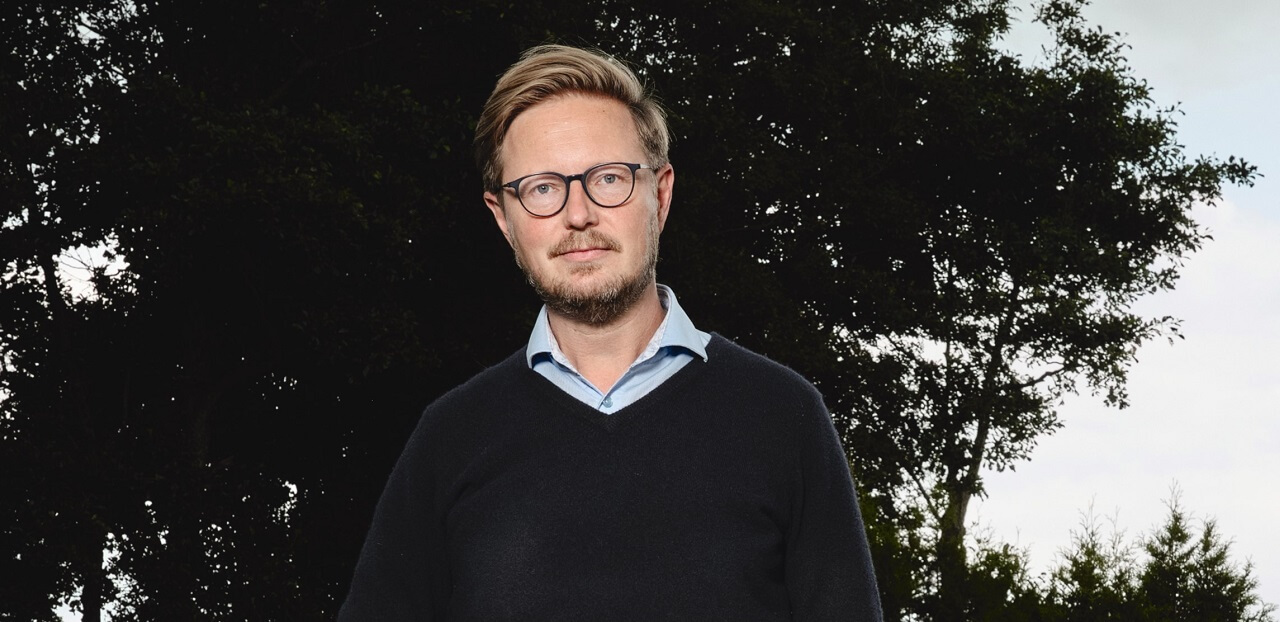Robert Metzke on the Future of the CSO

09-04-2024 | Author: Emely Nobis | Image: Rogier Veldman
Who: Robert Metzke
What: Global Head of Sustainability of Philips since 2016
Interviewed by: Arjan de Draaijer, Partner at Deloitte
You have been working with Phillips since 2013 and in your current role since 2016. How did you see the CSO role change during that period?
'In the beginning, you are mainly a thorn in their side, and you have to exert your influence very indirectly. You must learn to understand how the different factions in the company operate, what their agendas are, their context and their language ... because human resources speak a different language from design, innovation or any other department. You try to propagate your agenda by making it clear that sustainability is not just another problem to be dealt with, but rather a part of the solution to problems they are dealing with already. In that first phase, which takes longer than you expect and sometimes is frustrating, you are primarily Chief Instigator. At a given moment there is a tipping point. That is when things start accelerating, and you need to pull out all stops to channel people's aspirations to contribute and ensure that initiatives connect and reinforce each other. Then your role becomes that of Chief Orchestrator.'
What advice do you have for CSOs who are still in that sometimes-frustrating initial phase?
'Do not feel like a misunderstood voice calling in the desert but look instead for connection at places in the organization where there already is a mandate for change. Try to show them how innovation can also be societally meaningful. A CSO should be able to do this translation. Moreover, make use of existing structures rather than starting a parallel world. It is better to grow on the support of old oaks than to plant new oaks and wait until they are big enough.’
Where is the CSO role heading in the next five to ten years?
‘We need to start with the next two years, because there is a significant challenge on the road, called CSRD and CSDDD. Many of my professional colleagues will have to deal with reporting and compliance issues for the foreseeable future. In the short term, that is a huge distraction, but in the medium term, I also see positive outcomes. Greater transparency in the market will soon allow customers and consumers to be better able to distinguish between green-wishers and green-do-ers. Moreover, I expect that all the people now working on the reporting side at consultants and accountants will move into the companies to work there. In short, we are building a workforce with expertise and the will to get things moving.'
Does that make the role of CSO redundant in the long run?
'Perhaps eventually, as more functions in the company take up the task - such as the CFO from the perspective of value creation. With the current rapid developments, I find the supporting role of a CSO extremely useful and necessary. An example: costs hidden in a company such as CO2 emissions and waste were often externalized in the past. Now that society and legislators no longer accept this, the long-term trend is irrevocably towards the structural internalization of these costs. Companies must have a good understanding of what they are facing, what the costs and risks are, but also where the opportunities lie. Understanding that playing field well and being able to translate it into business strategy and operations becomes an important task for the CSO.’
This interview was published in Management Scope 04 2024.
This article was last changed on 09-04-2024
